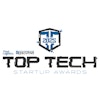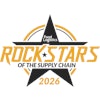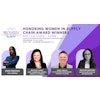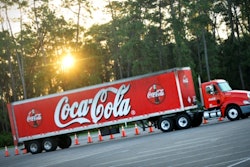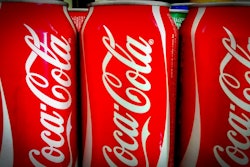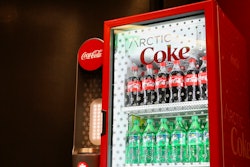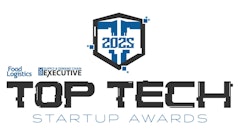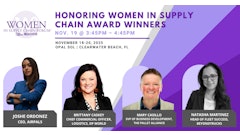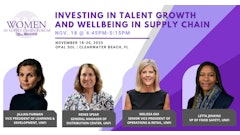As CSDs face many challenges in the global marketplace, Muhtar Kent, chairman of the board and CEO of The Coca-Cola Company, says that there are many opportunities for growth as the company aggressively works toward meeting its 2020 Vision goals.
"Three years into our vision and we are achieving our targets," he said at the 19th Beverage Forum held in New York City yesterday. Kent was among the four keynote speakers representing the beer, alcohol and energy drink and CSD categories, all of which discussed the current challenges in the marketplace and how their respective companies look to generate growth.
Kent continued to say that he believes the United States is a growth market: "This is a market that has the youngest demographic in the Western world."
Among the challenges that the soft drink industry faces are regulatory issues and the discussion surrounding obesity that has focused largely on soft drink consumption. In both cases, Kent relayed that The Coca-Cola Company wants to and has made efforts to be part of the solution by working with government and using its best efforts to create lifestyle programs that encourage physical activity, responsibly labeling products with calorie counts per container vs. per serving and giving consumers option with low or zero calorie products.
As this year's Forum focuses on new horizons and new connections, day one of the conference featured some insightful discussions on what is to come for the beverage marketplace and how brands are connecting with consumers. Here are some highlights.
In a panel on Breaking Beverage Boundaries, marketing directors for Anheuser-Busch, MillerCoors and PepsiCo Beverages Co. shared with the audience how they are navigating their brands through a changing marketing environment.
Paul Chibe, of Anheuser-Busch said the company has a three to five year innovation pipeline. "There is no such thing as luck, you have to be prepared, have to be ready," he said with regard to beverage innovation.
Simon Lowden, CMO of Pepsi Beverages Co., said the DNA of Pepsi is breakthrough innovation. "And over the next 12 to 18 months, what you're going to see from us is re-energizing our core business," he said with regard to the Pepsi trademark.
Meanwhile, for MillerCoors, Rick Gomez, VP brand marketing, said the company has begun to understand that marketing breakthroughs are more and more breaking out of cultural silos—ads for Hispanics are now being used by the company to target other demographic groups for instance.
Rodney Sacks and Hilton Schlosberg received lifetime achievement awards as founders of Monster Beverage Corp. (formerly Hansen's). The two described how they built Hansen's into a multi-billion dollar company after launching Hansen's Energy in 1992.
"To say that the U.S. is a land of opportunity is an understatement," Sacks said, describing how the two emigrated from South Africa before starting their business in the United States.
Also, David Casinelli, COO of D.G. Yuengling & Son, accepted the award for small company of the year, saying, "It's a very humbling experience to accept an award like this." He credited everyone from consumers to retailers to wholesale business partners for Yuengling's success.
Muhtar Kent, chairman of the board and CEO of The Coca-Cola Company, accepted the award for the Forum's large company of year award recognizing the some 700,000 employees across Coke's system for their work.
Larry Schwartz, president of Diageo North America, told Forum attendees that the company plans to increase its marketing spend next year by 35 percent with innovation being one of the key drivers of its business.
As the premiumization trend in the U.S. returns, Diageo plans to put an even larger focus on building its brands. Among that investment will be a focus on the multicultural population, says Schwartz, in addition to digital efforts.
Having recently assumed his position at president of Diageo North America, Schwartz also noted that while it's important for the company to support its brands, it's also important that is equally supports it people.
"It's not just about feeding the brands, but feeding the people," he said.
